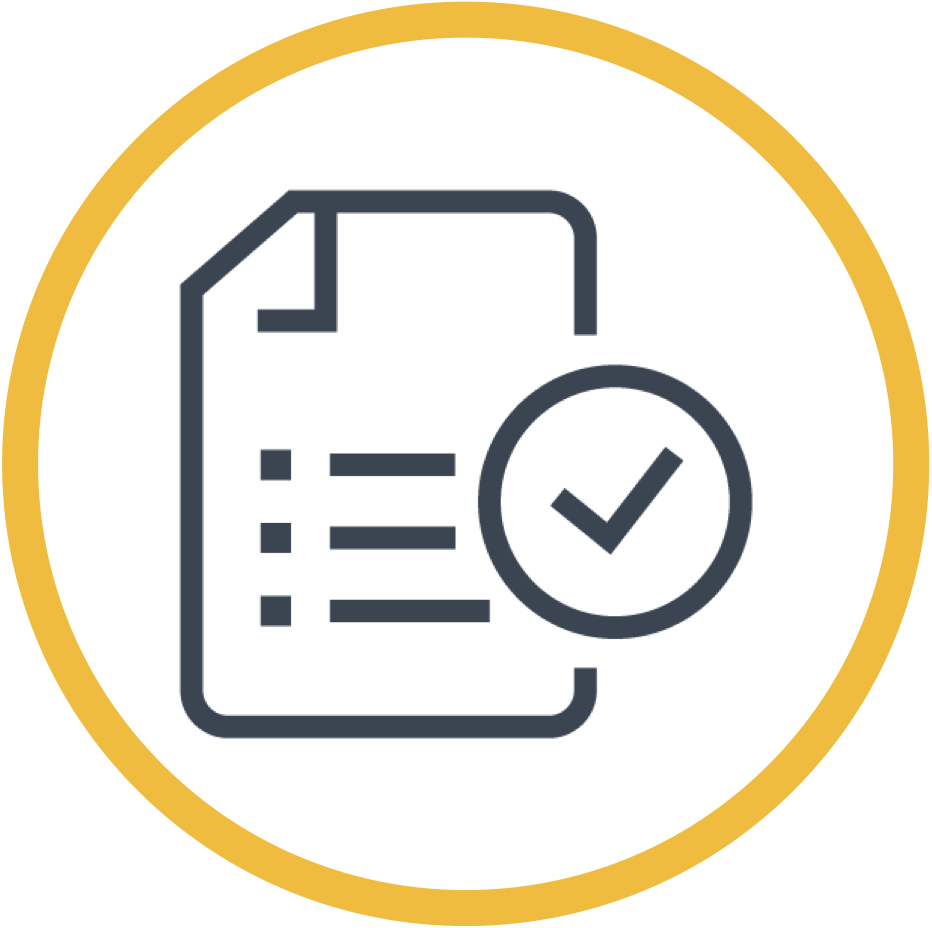On 30 September and 1 October 2022, after a two-year COVID break, the largest trade fair for trading and investment took place again in Frankfurt as a face-to-face event in the Forum of Messe Frankfurt. The trade fair was well attended and the trade fair participants were able to find out about the exhibitors’ offers at the stands. There were also presentations, some at the exhibition stands, in the lecture rooms and on the main stage.
We at Trade Uni GmbH were represented with a presentation on the topic of “Trading psychology – how to overcome fear and greed”, which I was able to give in cooperation with our broker Pepperstone.
There must have been more than 200 spectators who listened to the lecture live, and the contracts on the main stage were streamed via the Internet.
The quintessence of my 25-minute presentation was that it is important to integrate structures and processes into your trading in order to avoid the pitfalls of “fear” and “greed”. Of course, I explained our trader’s trilemma: strategies only account for 10% of our success as traders. Nevertheless, I noticed that most of the presentations were precisely on this topic.
30% is about proper risk and trade management. Risking as little as possible and making as much profit as possible.
And 60% is about psychology, i.e. not the technology, not the charts, not the platform, etc. It’s about the person behind it, who makes decisions and executes them.
The question is how to get a grip on psychology, and therefore also on the issues of “fear” and “greed”, among others.
You need clear processes and clear target planning within the trading plan. “If you fail to plan, you plan to fail”! The trading plan is our business plan. Trading must be treated as a business. If you treat trading like a hobby, you get paid like a hobby – and most hobbies I know cost money!
Consistency must be introduced into trading, a consistency. The necessary trust, in two forms: trust in the fact that you can earn money with trading, and trust in yourself! I can make money with trading! And patience is also a very important factor. If the market doesn’t give us entries, then we shouldn’t enter. We are not paid as traders to be as “busy” as possible. We are paid for the quality of our decisions. And sometimes it can be better to leave it alone instead of entering a losing trade.
Of course, you also need the necessary (specialised) knowledge. And if you have mastered and worked on all these things, then the profits and success should materialise.
It is also important to introduce checklists and work through them before entering a trade. An important question here is: “How am I doing?” And if I can’t answer this with a positive feeling, then I should stop trading for the day. Or work on my mood.
At the end of the talk, I offered to send the audience the presentation and/or a checklist.
Some people took me up on the offer.
Here again the presentation at the World of Trading
Do you still have questions or would you like to have the presentation?
We look forward to your message!







































